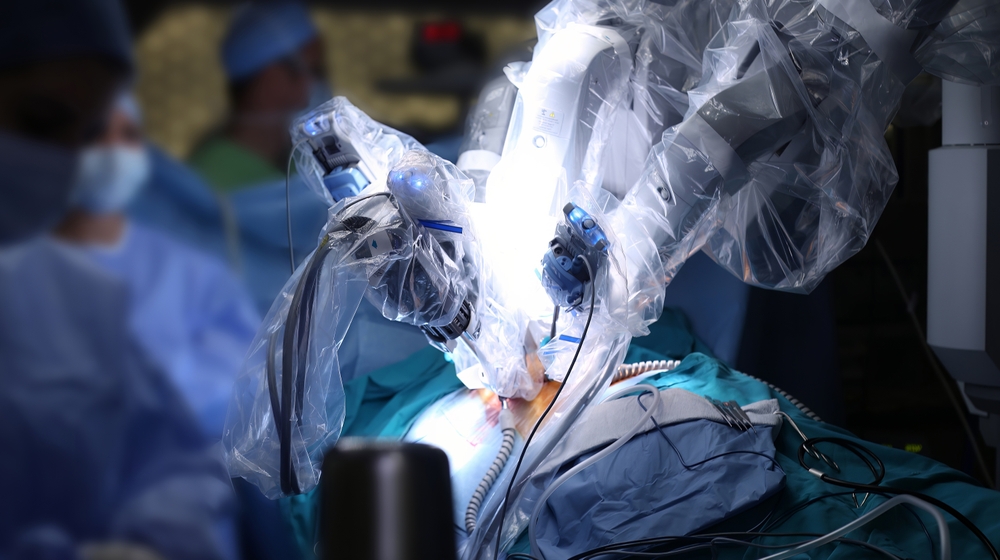
Difference between Cardiologist and Cardiothoracic Surgeon
Should I Consult a Cardiologist or a Cardiothoracic Surgeon?
Cardiovascular diseases and their associated risks are on a rapid rise in India and that can be attributed to multiple factors like genetics, hypertension, sedentary lifestyle, etc. In case you are suffering from any cardiovascular problems i.e.., any heart disease or problem, you may be referred to specialists in heart care.
It is crucial for patients to understand the care they need and the role of different specialists in their heart care. In the sections below, we will highlight the two equally important but different specialties in cardiac care— cardiologists and cardiothoracic surgeons.
Who is a Cardiologist? What does a cardiologist do?
Cardiologists are specialist physicians who treat cardiovascular diseases by medicines and catheter based therapies. They treat conditions ranging from hypertension to elevated cholesterol and other heart rhythm-related problems. Cardiologists work closely with patients to assess their heart health, identify cardiovascular symptoms and risk factors, and prescribe the right treatment to the patients for various heart problems. There are sub-specialties of cardiology too that may include:
- Clinical cardiac electrophysiology that is focused on diagnosing and treating heart rhythm problems,
- Paediatric cardiologists who specialize in treating heart diseases in children,
- Interventional cardiologists who also perform catheter-based heart procedures to diagnose and treat multiple cardiac conditions.
Therefore, while a general cardiologist may be involved in long-term patient care they do not perform procedures or surgeries. You might be recommended an interventional cardiologist in case of non-surgical procedures like placing coronary stents or endoscopy which is actually a catheter intervention and not a surgery.
Who is a cardiothoracic surgeon? When to consult a cardiothoracic surgeon?
A cardiothoracic surgeon has a specialization in performing surgeries for diseases pertaining to the heart and vessels, as well as lungs and esophagus diseases that require knife use. Your physician might recommend you to a cardiothoracic surgeon for a consultation or surgery if you have a disease or condition of the heart or blood vessels such as chest injuries, heart defects, and/or advanced forms of heart diseases that may require you to undergo surgery.
Your consulting physician or cardiologist may recommend you to see a cardiothoracic surgeon in the following cases:
- If other treatments and medications for treating heart problems are no longer working or the condition is worsening.
- If you are suffering from a congenital heart condition
- If the non-surgical treatments have already been tried but the condition couldn’t be treated
- For any other reason that may deem fit to the cardiologist to seek consultation from the cardiothoracic surgeon.
Cardiologists vs Cardiothoracic Surgeons
Both, cardiologists and cardiothoracic surgeons specialize in treating heart conditions, they are not the same. Let us highlight the key differences between them to understand their unique role in heart care.
- Expertise/ Scope of services
Cardiothoracic surgeons carry out open-heart surgeries and other surgical procedures that involve incision such as coronary artery bypass surgery, heart valve repairs, atrial fibrillation ablation, heart transplants, etc. While a general cardiologist is a specialist physician that treats heart conditions like hypertension, cholesterol, etc. The interventional cardiologist, on the other hand, can perform procedures that require inserting catheters or repairing devices in the body. Such procedures may include angioplasty, cardiac catheterization, ventricular septal defect repair to fix holes in the heart.
- Education
Both fields require extensive education and attending medical school. However, a general or interventional cardiologist trains in internal medicine and has to undergo several years of training in interventional cardiology. An aspiring cardiothoracic surgeon, after medical school, enters a 3-year surgical residency in general surgery with certification and afterward, spends 3-year learning specifically about and training in cardiothoracic surgeries with certification
- Role in patient care
Cardiothoracic surgeons are mostly one-time healthcare providers and usually only provide immediate pre and post-surgery patient care. The role of the interventional cardiologist is also limited to carrying out the procedure and offering immediate care after the procedure. Usually, it's the consulting cardiologist or general cardiologist who undertakes long-term care and consults the patient for follow-up treatment plans.
Takeaway
If you are suffering from any heart ailment or disorder, the first step is to consult a cardiologist to understand the line of treatment and in case surgery is required then it makes sense to consult both specialists to help you sort out the best possible treatment plan for your problem.
Multidisciplinary team of Cardiac Specialists at Medanta
Looking to consult one of the top and best cardiothoracic surgeons in India? Medanta has a vast team of interventional cardiologists, cardiac surgeons and clinical cardiologists offering evidence-based treatment strategies to ensure the long-term well-being of our patients. Consult our specialists today!






